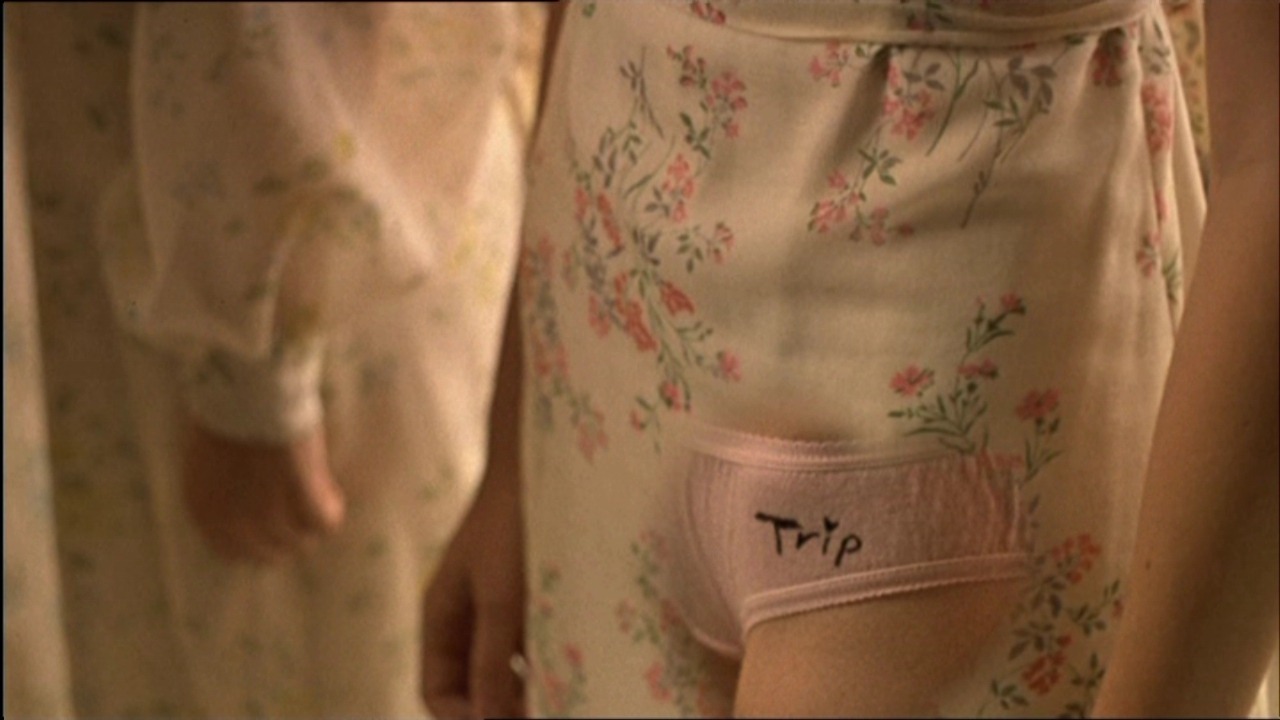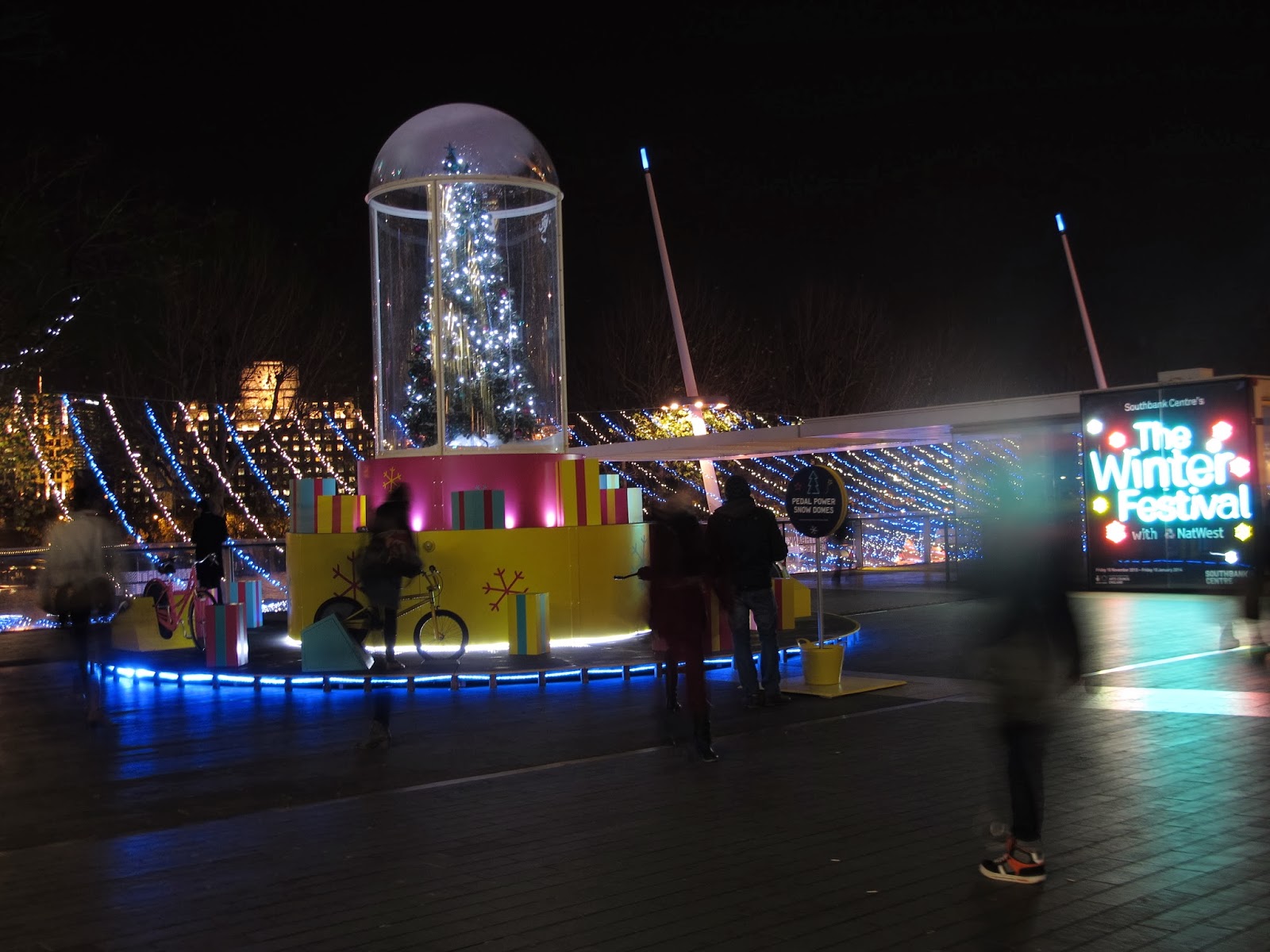It was about time I gave a little attention to this absolute classic. Published over two decades ago, The Virgin Suicides by Jeffrey Eugenides, is indisputably one of the most influential reads of contemporary literature, both in content and style. Writing a book about the mass suicides of 5 sisters in a small town in Michigan is no easy task, but it is even harder to do so using as a narrator a group of infatuated, close- to - obsessive teenage boys, now grown up, reminiscing about the cloistered lives of the Lisbon girls. The style, however, is what struck me most about the novel. The attention to detail, as if each adjective has been carefully chosen, softly placed into the sentence to kindle your imagination and transport you to a candle-lit room or the boys' tree house. What it never does is let you in any of the girl's heads. Their surroundings: school corridors, interior of their rooms, house, front yard, clothing ect are described down to the last scratch. But we are never allowed into the brains or the emotions which led down to their ends. The mystique which the Lisbon sisters have over the boys is the same one that possesses the reader and it is both absorbing and infuriating at times; you want to scream at the girls' window, tell them to get out, run and never look back.
Hauntingly beautiful and heartbreaking, it is a must read.
The New York Times
By MICHIKO KAKUTANI
March 19, 1993
 "It
didn't matter," Mr. Eugenides's narrator recalls, "whether her brain
continued to flash on the way down, or if she regretted what she'd done, or if
she had time to focus on the fence spikes shooting toward her. Her mind no
longer existed in any way that mattered. The wind sound huffed, once, and then
the moist thud jolted us, the sound of a watermelon breaking open, and for that
moment everyone remained still and composed, as though listening to an
orchestra, heads tilted to allow the ears to work and no belief coming in yet.
Then Mrs. Lisbon, as though alone, said, 'Oh, my God.' " On her second
try, her daughter Cecilia had succeeded in "hurling herself out of the
world."
"It
didn't matter," Mr. Eugenides's narrator recalls, "whether her brain
continued to flash on the way down, or if she regretted what she'd done, or if
she had time to focus on the fence spikes shooting toward her. Her mind no
longer existed in any way that mattered. The wind sound huffed, once, and then
the moist thud jolted us, the sound of a watermelon breaking open, and for that
moment everyone remained still and composed, as though listening to an
orchestra, heads tilted to allow the ears to work and no belief coming in yet.
Then Mrs. Lisbon, as though alone, said, 'Oh, my God.' " On her second
try, her daughter Cecilia had succeeded in "hurling herself out of the
world."
This
terrible event, along with the subsequent suicides of Cecilia Lisbon's four
pretty sisters, feels like something out of a Greek tragedy. It's not at all
the sort of thing one expects to find in a coming-of-age story set in the leafy
Detroit suburbs of the 70's; and as related by Mr. Eugenides, the deaths of the
five Lisbon sisters take on the high, cold shimmer of myth. Their suicides
become a symbol of the innocence lost as adolescents are initiated into the sad
complexities of grown-up life, and the lost, dying dreams of a community that
finds its collective dreams of safety spinning out of reach.
Beautiful
and eccentric, the sisters have captured the imagination of the neighborhood
boys, who spend hours spying on them and collecting souvenirs of their lives:
snapshots taken by neighbors, cosmetics stolen from the garbage, a brassiere
filched one night from the house. What is the girls' magical allure? In an
ordinary suburban world of lawnmowers and barbecues, they represent the
extraordinary: the odd, the inexplicable, the romantically extreme.
Under the thumb of
their domineering mother -- who never allows them to date, and who insists they
wear baggy, ridiculous clothes -- the Lisbon girls lead strangely hermetic
lives, defined by church and school. Though their ineffectual father seems
vaguely sympathetic to their plight, he never stands up to their tyrannical
mother.
 Eventually the boys
succeed in taking the Lisbon sisters on a single group date, but Lux breaks her
mother's curfew and the girls are permanently grounded. They are pulled out of
school and locked in the house. In one memorable scene, their suitors make a
last-ditch effort at communication. Having managed to get the girls on the
phone, they begin playing them their favorite songs: "You've Got a
Friend," "Wild Horses" and "Time in a Bottle." The
girls respond by furtively playing some of their favorite songs: "Alone
Again, Naturally," "Where Do the Children Play?" and "So
Far Away."
Eventually the boys
succeed in taking the Lisbon sisters on a single group date, but Lux breaks her
mother's curfew and the girls are permanently grounded. They are pulled out of
school and locked in the house. In one memorable scene, their suitors make a
last-ditch effort at communication. Having managed to get the girls on the
phone, they begin playing them their favorite songs: "You've Got a
Friend," "Wild Horses" and "Time in a Bottle." The
girls respond by furtively playing some of their favorite songs: "Alone
Again, Naturally," "Where Do the Children Play?" and "So
Far Away."
Nothing, however,
impedes the girls' withdrawal from the world. "The house receded behind
its mists of youth being choked off," Mr. Eugenides's narrator recalls,
"and even our own parents began to mention how dim and unhealthy the place
looked." Leaves pile up on the lawn, garbage collects by the curb, and at
night, raccoons prowl its yard. Sour, unpleasant smells seep out of the house,
and grime and dust soon cover over its windows and doors.
The reader repeatedly
wonders why the girls don't rebel. Why don't they reach out to friends, or run
away from home? Why don't the authorities insist that they go to school? What
has driven their mother to impose such a strict regime in the first place?
Gradually, however,
the narrator's hypnotic voice succeeds in transporting us to that mythic realm
where fate, not common sense or psychology, holds sway. By turns lyrical and
portentous, ferocious and elegiac, "The Virgin Suicides" insinuates
itself into our minds as a small but powerful opera in the unexpected form of a
novel.




























.jpg)




